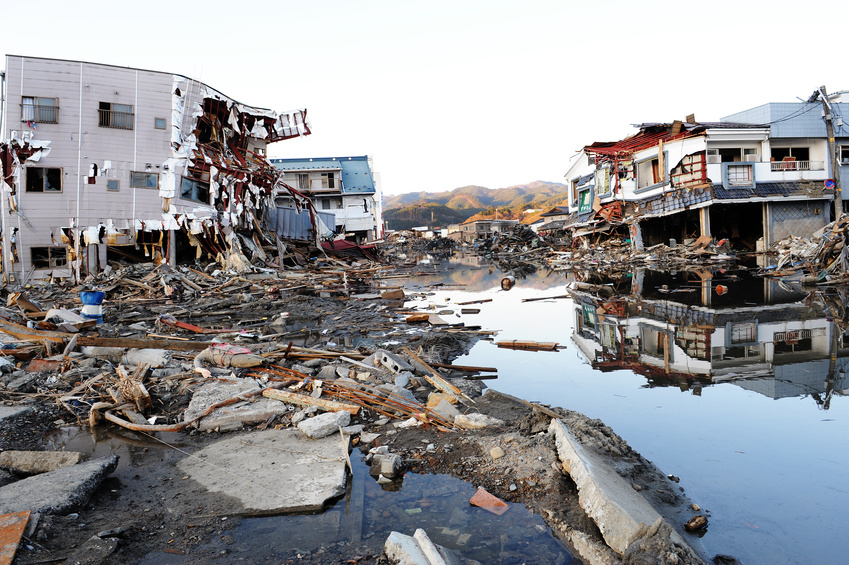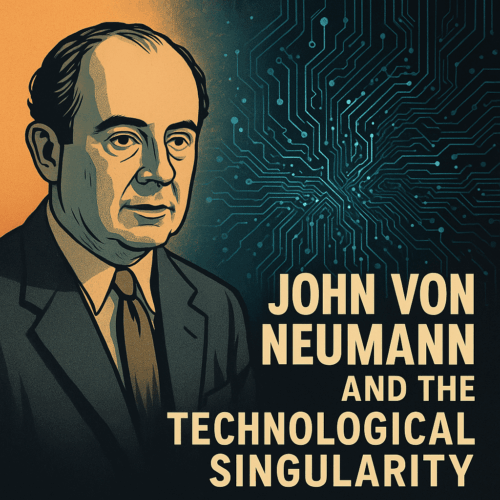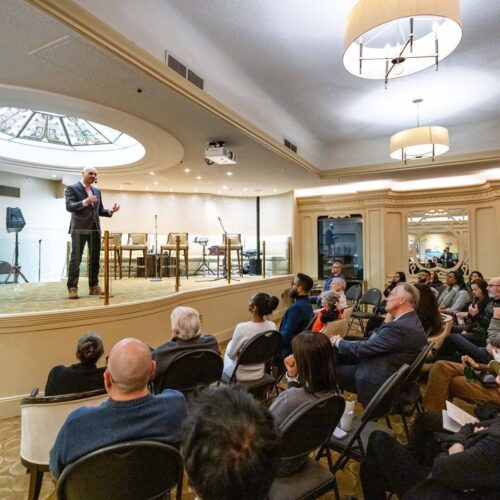Nature Is Not Your Friend
David Filmore / Op Ed
Posted on: May 17, 2016 / Last Modified: May 17, 2016
 It’s the start of the third act and explosions tear through the city as the final battle rages with unrelenting mayhem. CGI robots and genetic monsters rampage through buildings, hunting down the short-sighted humans that dared to create them. If only the scientists had listened to those wholesome everyday folks in the first act who pleaded for reason, and begged them not to meddle with the forces of nature. Who will save the world from these ungodly bloodthirsty abominations? Probably that badass guy who plays by his own rules, has a score to settle, and has nothing but contempt for “eggheads.”
It’s the start of the third act and explosions tear through the city as the final battle rages with unrelenting mayhem. CGI robots and genetic monsters rampage through buildings, hunting down the short-sighted humans that dared to create them. If only the scientists had listened to those wholesome everyday folks in the first act who pleaded for reason, and begged them not to meddle with the forces of nature. Who will save the world from these ungodly bloodthirsty abominations? Probably that badass guy who plays by his own rules, has a score to settle, and has nothing but contempt for “eggheads.”
We’ve all seen that same movie a million times. That tired story doesn’t just make movies look bad, it makes science look bad too. It’s an anti-science viewpoint that encourages people to fear the future and be wary of technology. This common narrative isn’t just found in movies, it’s a prevalent belief that is left over from the industrial revolution. Over a short period of time, people went from quiet farm life to living in cities with blaring traffic, and working in factories with enormous and terrifying machinery. The idea that nature is good and safe, and that technology is bad and dangerous, was deeply ingrained in our collective psyches and is still very much with us today.
You see it anytime someone suggests that it is somehow more virtuous to “unplug” and walk barefoot along the beach, than it is to watch a movie, play a video game, or work on your computer. Some of the most valuable things I’ve ever learned have come from watching documentaries and researching topics online. I love hiking as much as the next guy, but staring at a tree gets old pretty fast. People have this notion that nature is healing, and that technology, while useful, will probably end up giving you cancer sometime down the line.
This general fear that people have, that the future will be full of really powerful machines that they will never be able to understand, is the main reason why they are so wary of The Singularity. Nature seems like a safer bet. You can look at a tree and be perfectly okay with not fully understanding how it works. Because even on its best day, you know a tree isn’t going to band together with all the other trees and have a decent chance of taking over the world and enslaving humans.
But the real threat to humans isn’t from technology, it’s from nature. Our genomes are riddled with errors and predispositions to countless diseases. Most creatures on this planet see you as nothing but a lovely source of protein for them to eat. Mosquito-borne diseases alone gravely sicken 700 million people a year. Not to mention all the viruses, bacteria, parasites, floods, earthquakes, tornadoes, you name it, that want a piece of you. We should be far more scared of nature than technology.
The only reason why we have been successful in extending human life expectancy is because of the gains we’ve made in technology. If we stripped every form of technology from our lives and all went to live in the forest, our population numbers would drop like a rock. Not because we lacked the necessary survival skills, but because the human body just didn’t evolve to live very long. I’ve lost count of how many times antibiotics have saved my life, and it’s the same for each of us. Sure, we have pollution, plastic, radiation, climate change, and mountains of garbage, but if technology and modern life were so hazardous to humans we would be living shorter lives not longer.
Technology isn’t an intrusion upon an otherwise pristine Garden of Eden, it is the only reason we as a species are alive today. And it isn’t new either, we’ve been using technology since the first caveman prevented himself from getting sick by cooking food over a fire. That is the narrative we should be focused on as we discuss how to deal with the challenges of The Technological Singularity. People need to be reminded that rejecting science in favor of nostalgia for “the good old days” won’t keep them safe. There are over 7 billion people alive on Earth today because of the health and sanitation systems we’ve put in place. History proves to us that the greater we integrate technology into our lives, the safer we are and the longer we live. It’s as simple as that.
But if you ask any random person on the street about artificial intelligence, robots, or nanotechnology, chances are the first word out of their mouths will be “Skynet”. The dastardly machine that unleashed killer robots to extinguish the human race in the Terminator movies. Mention “genetics”, and you’re likely to hear a response involving killer dinosaurs resurrected from DNA trapped in amber, or a mutant plague that spun out of control and created a zombie apocalypse.
Now, no one loves blockbuster movies more than me! But the movies we need to be watching are the ones where the products of science aren’t seen as the enemy, but are the tools that lead to humanity’s salvation from poverty, disease, and death.
Nature programmed each of us with an expiration date built into our DNA, and stocked our planet with hostile weather, and hungry creatures with a taste for humans. Understanding the urgency for humans to get over their bias for all things “natural”, and to meld with technology as soon as possible, will be the difference between The Singularity being a utopia and just another disaster movie. It’s the only chance we have to write the happy ending we deserve. The one where science saves us from nature.
 About the Author:
About the Author:








